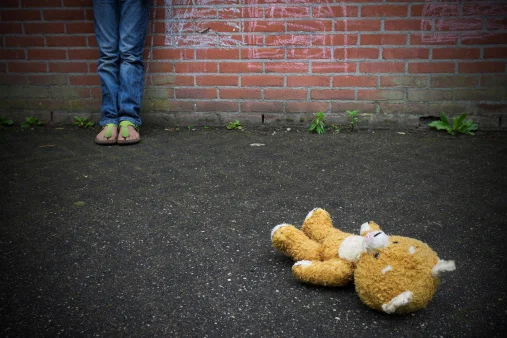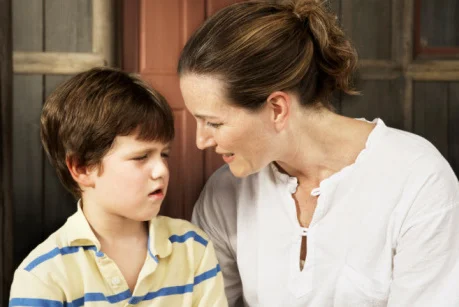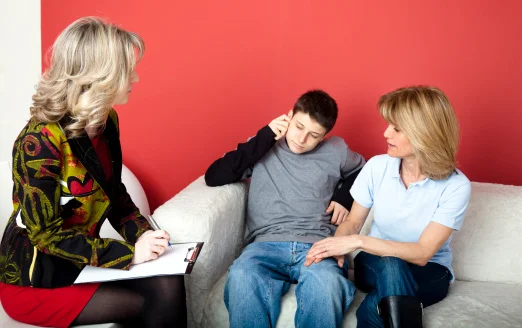+1 845 259 2974 (11 a.m to 7 p.m CST)
Child abuse therapy: Things to consider

Child sexual abuse has been a topic of serious debates among parenting experts for quite some time now. The sensitive issue, despite being nationally discussed on various forums, continues to be a burgeoning problem. As statistics would tell us girls are more likely to become victims of this serious crime which can take the form of psychological trauma. According to official facts and figures about 1 out of 4 girls are likely to become a victim of sexual abuse as compared to 1 out of 6 boys. Those alarming numbers prove that the criminal act is on the rise and dire steps need to be taken in order to counter the problem, effectively.
Child sexual abuse therapy is frequently employed to treat the victims of this heinous offence. The treatment aims to cure psychological and physical trauma that has been observed to worsen over time. According to experts, this problem, if left untreated, can cause major behavioral changes in children which can be observed well into their teenage. Here’s a look at some steps parents can take before sending their child for sexual abuse counseling and how they can enhance the healing process for the victim with the right amount of love and care:
Build trust
Before sending their child for therapy parents need to understand that their child went through a horrible experience which will require time to heal. Open lines of communication and build an air of trust with the child so he is able to voice his concerns without holding back. Signs of trust from the parents will not only encourage the child to address the matter fully but will also show him that he has support from his loved ones. Studies have proven that victims of sexual abuse show symptoms of anxiety, depression, anger and low self-esteem. Parents will have to deal with the situation accordingly.
Patience
Pressuring their child, yelling and making unreasonable demands will only worsen the condition. Sexual abuse therapy is a long complicated process which takes a significant amount of time and energy to yield positive results. Parents should teach their child the importance of patience and how developing this quality won’t just help them during the treatment but also during the course of their lives.
Encouragement
There is no denying the fact that encouragement from your loved ones can go a long way. This is especially true for a parent-child relationship. Acknowledging that their child has gone through such a traumatic experience can be a hard thing for parents. But that is where they have to show courage for the betterment of their child, in the long run. Parents can encourage their child and motivate him/her to stay strong during the course of the treatment and take up healthy activities, focusing on the positive aspects of life.
























